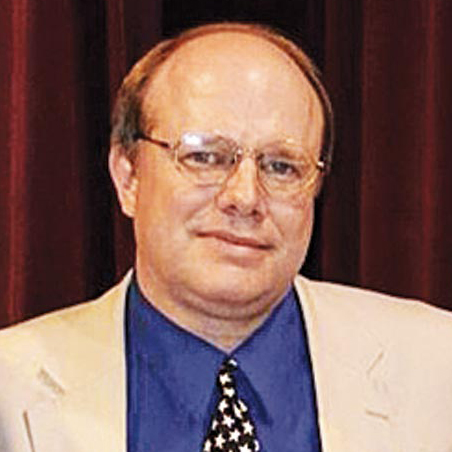The Practical Lawyer
October 17-23, 2016
Court rules Consumer Financial Protection Bureau has unconstitutional structure
By Ethan C. Nobles
Back in 2011, the Consumer Financial Protection Bureau (CFPB) was formed in response to the financial crisis that started in 2007 and the resulting recession.
The CFPB oversees banks, credit unions, securities firms, payday lenders, mortgage servicing operations, foreclosure relief services, debt collectors and other financial companies. In other words, the organization is massive in scope and authority.
And the U.S. Court of Appeals for the D.C. circuit ruled that the CFPB was unconstitutional in terms of structure.
Here’s the problem. It is well established that Congress may create independent agencies that exercise executive power. Those agencies are typically headed up by commissioners or board members who keep each other in check.
The CFPB is different – it is headed by a director who operates with no such check on his power. Indeed, the Dodd–Frank Wall Street Reform and Consumer Protection Act that established the CFPB put a director in the role traditionally held by boards or commissioners and that director can only be removed by the U.S. president for cause.
That director, then, was the single most powerful official in the U.S. government except for the president, the court found.
Instead of scrapping the CFPB, however, the court simply removed the “at cause” provision in Dodd-Frank so that the director can be removed by the president at will. That means the president can keep the director in check by overseeing and supervising what he or she is doing and send that official packing for almost any reason.
The ruling, then, puts the CFPB on equal footing with other executive agencies of which a single person is in charge (the Department of Justice and the Department of the Treasury are but two examples).
So, why should citizens care about the CFPB case? Simply put, voters are already dismayed that agencies like the CFPB are staffed by bureaucrats who wield power that was initially reserved for elected officials. The CFPB case, then, means at least an elected official has some control over what the agency is doing and can replace directors that the president believes are working contrary to the public interest.
Ultimately, that is a very good thing and the court absolutely made the right decision here.
Ethan C. Nobles is an attorney in Benton focusing on real estate, evictions, contracts, wills, trusts, incorporations, bankruptcy and other areas of law as the mood strikes. You can reach him at Ethan@NoblesLawFirm.com or visit him on the Internet at NoblesLawFirm.com.



